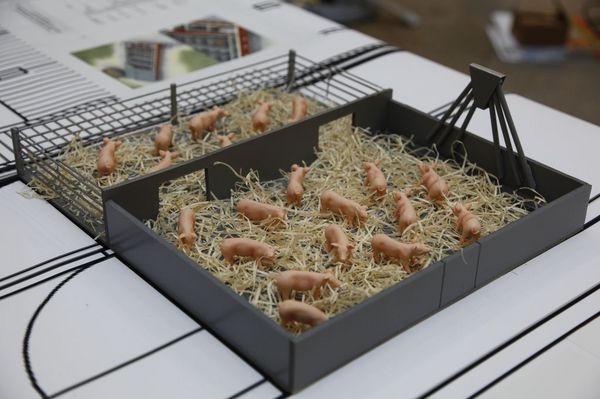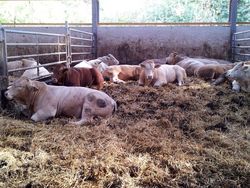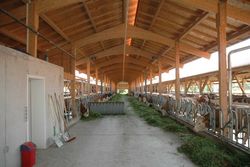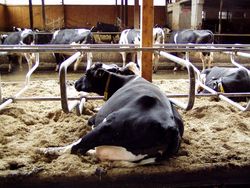Expertise
Finding adequate policy measures
Angela Bergschmidt | 01.07.2022
Policy has different options to achieve improvements in animal welfare of livestock farming. What can be done to make these measures effective?
Politicians have different possibilities to work towards an improvement of animal welfare in livestock production:
- The establishment of an appropriate legal framework in which:
a) as yet unregulated areas are addressed and insufficiently clarified terms are specified,
b) controls are carried out with appropriate coverage and quality, and
c) effectual sanctions are enforced. - The support of welfare-friendly housing and management systems, i.e., in the second pillar of the EUs Common Agricultural Policy, the Rural Development Programmes (RDP).
- The provision of information on welfare-friendly animal husbandry and the promotion of an animal welfare label.
- The improvement of education (for example, the inclusion of the topic animal welfare in agricultural vocational training).
Whether and to what extent these measures are effective, depends on how they are designed and implemented, but also on the economic and political framework conditions. Laws can be ineffective if infringements are punished only very rarely or with weak sanctions. Support measures do not induce changes, if farmers do not implement them or if they are only implemented by those farms which already use welfare-friendly systems.
The Thünen-Institute of Farm Economics evaluates how existing animal welfare policies take effect and proposes options for the refinement of such measures. This is done in a close scientific exchange with various institutions, among others, the
Thünen Institute for Organic Farming and the Institute for Animal Welfare and Animal Husbandry of the Friedrich-Loeffler Institute.





![[Translate to English:] National Animal Welfare Monitoring](/media/_processed_/8/d/csm_2062_2022-08-31_Tortenlogo_c531f5c4ac.jpg)



